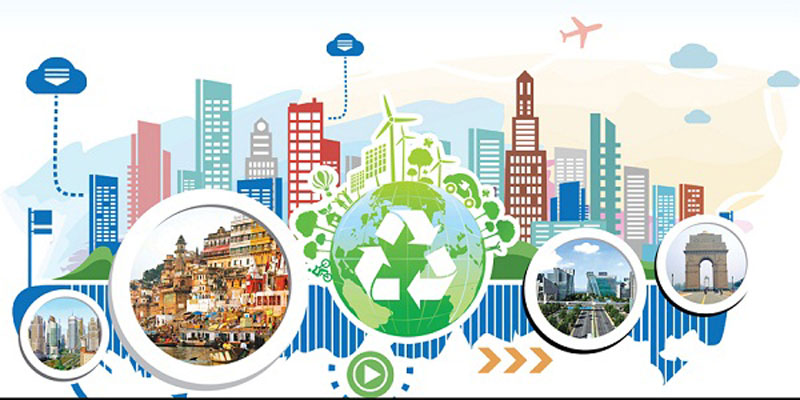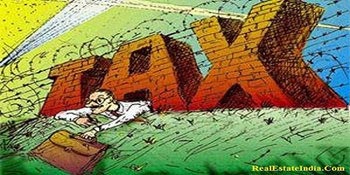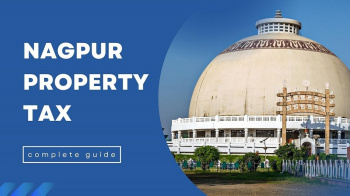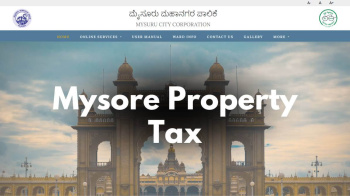
Taking a step towards a smarter India, the Government of India launched India’s Smart Cities Mission in 2015. The mission encompasses 109 cities and aims to enhance the quality of life and the economic activities in a city by providing efficient infrastructure. To transform a city into a smart city, the entire eco-system of a city has to be developed around the four pillars of development i.e., physical, institutional, social, and economic infrastructure. The Government of India has taken various initiatives to support the four pillars of development. The government’s Smart Cities Mission aims to improve the quality of life and create smarter outcomes for the Indian citizens by harnessing the technologies for cities’ development. However, while handing over the onus of planned urbanization to the cities and states, the government is faced with a number of challenges. These challenges may hinder growth in the to-be smart cities. That said, here is a list of the major challenges faced by the smart city mission in India.
- Technical Constraints & Technological Obsoleteness: The smart city mission aims to harness the smart technologies to develop the city into a smart one. However, most of the urban local bodies have a limited technical capacity to ensure the development of the smart cities. These technical and technological limitations hinder the cost-effective and timely implementation of the smart steps. Moreover, the investment in technology is being done for a time-frame of 5-10 years. But, seeing the fast evolution of technology from 2G to 3G to 4G in the past 4-5 years, it seems that this time frame would not suffice. Moreover, the latest technology, i.e., internet of things (IoT) is still a new concept for many. If the smart cities do not keep options for adaption and upgradation in technology, they might lag behind using obsolete technologies in the technologically-evolving world.
- Retrofitting Existing Infrastructure: Real estate of India is set to see a major development due to the smart city mission as the development of infrastructure has attracted the highest investment. Due to infrastructural development, people are eager to buy a property in India and invest in the country’s smart cities. However, the challenge lies in identifying the weak areas of the city that would experience retrofitting and be transformed into a smart area. The challenge lies in analyzing the entire city area and finding out the areas where retrofitting can be performed and how. Moreover, retrofitting the areas with historical importance or that have any heritage value would also be a challenge in transforming cities into smart one.
- Financing For Project: Keeping the funds and finances flowing in for the smart cities mission can also be a challenge for the Indian government. Although the Center has released around INR 9,940 crores for the smart cities mission in the Union Budget 2018, the total investment for the project has gone up to 1,91,155 crores. Getting the right finances flowing in for the completion of the project and later the maintenance of the technological developments in the smart cities can be a challenge.
- Urbanizing Public Transport: A smart, reliable, sustainable, and affordable transport system is at the core of turning a city into a smart one. There is a need for urban mobility connecting people and cities seamlessly. However, urbanizing the public transport for urban mobility can be a challenge for the Indian government due to the inadequate transport system currently persisting in the cities. Various factors like lack of investment, high population density, zoning, and poor urban planning have been making the transit system in Indian cities inadequate. Optimal utilization of mass transit and the urbanization of public transport should be the key focus of smart city initiative to overcome this challenge.
- Coordinating Three-Tier Governance: Effective horizontal as well as vertical coordination between the different institutions is imperative for the implementation of the smart city solutions. The center, state, and the local bodies need to be in perfect coordination to ensure that the proper development of smart cities. However, there is a lack of coordination among the three-tier governance which might be a big roadblock in the successful completion of this project.
These are some of the major challenges faced by the government in taking smart cities mission to fruition. It is imperative that the government finds a solution to overcome these challenges to see the dream project of turning more than 100 Indian cities into smart cities.









ADD COMMENT